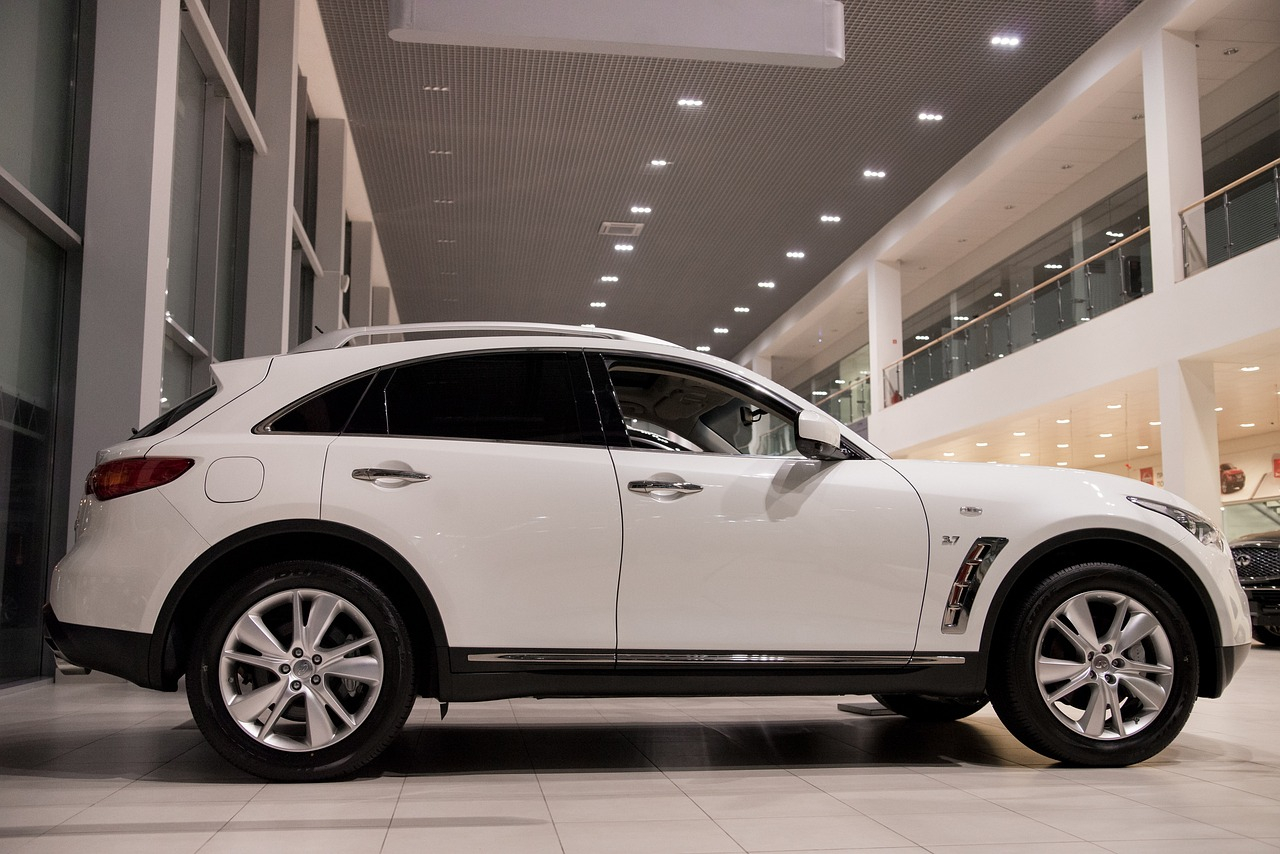One of the key benefits of tinted windows is the added privacy they provide. Darkened windows shield the interior of the vehicle from prying eyes, making them particularly valuable in urban settings where cars are often parked in crowded areas. Additionally, the tint effectively blocks ultraviolet rays, helping to preserve the upholstery by preventing fading and protecting passengers’ skin from harmful sun exposure.
Aesthetic value is another significant factor. Tinted windows give a vehicle a modern and stylish appearance, enhancing its overall look and often associating it with premium models. During summer, the film also helps maintain a cooler temperature inside the cabin by reducing heat buildup. This minimizes the need for frequent use of the air conditioning system, contributing to fuel efficiency and creating a more pleasant environment for all passengers.
What to Consider Before Tinting Your Car Windows
Before proceeding with window tinting, there are some essential considerations to keep in mind. Legal regulations govern the permissible levels of window tinting, and it’s crucial to comply with these standards to avoid potential fines. High-quality tinting requires the use of reliable materials from trusted manufacturers to ensure durability and effective UV protection. For the best results, professional installation is highly recommended. Attempting to apply the film yourself may result in bubbles or other imperfections, which can detract from the appearance and functionality.
Car window tinting is not just an aesthetic upgrade; it’s a practical solution to enhance comfort and protect your vehicle’s interior. Approaching the process thoughtfully ensures the outcome meets your expectations. For expert advice and professional services in Riga, visit Tonesana.lv, where experienced specialists can help you select and install the perfect tint for your car.




